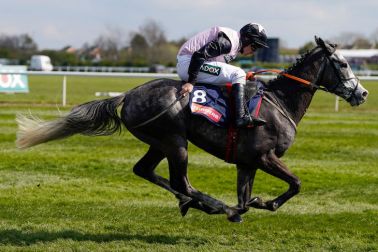I am sitting in the London Library as I write this. I am wearing Rafael Nadal tennis shorts, which come below the knee. Obviously, I look ridiculous. But this is the role of the middle-class, middle-aged English male, to feel slightly out of time, out of kilter, with the world around him. Sometimes down in Rock I see middle-aged Englishmen in their holiday gear, capacious navy-blue shorts or those faded pinkish trousers they wear for golf, always topped with a polo shirt, and it is clear to me that the English seaside has a liberating effect on these people: in a rather crabbed English fashion, they are letting their hair down. It’s odd, because most of the population has long ago learned to chill; it has no fears about looking absurd or being suburban or talking estuary English or driving a large car or wearing a saggy t-shirt. But no, the legacy of Betjeman lives on, the hyper- sensitivity to bad taste, ersatz architecture, flashiness, foreignness, accents, conifers and litter.
It probably hasn’t escaped your notice that this is Betjeman’s centenary; he was born in August l906 in London suburbia. His poems, his memoirs, his life, his radio talks have all been collected and reissued, from a thumping one-volume edition of Bevis Hillier’s gargantuan biography to a facsimile edition of Archie and the Strict Baptists, Betjeman’s only children’s book which he illustrated himself (reproduced below).
Rather like Betjeman in his favourite rock pools around Greenaway and Daymer, I have been wading around in this collection. After this trawl, two things strike me most strongly about Betjeman; he had a very modest talent yet he was — at his best — a considerable poet who touched millions. How can these two facts be reconciled? I think the answer is this: there is in Englishness a kind of aversion to intellect for its own sake and a belief that nostalgia is a life-force, where the usual view of nostalgia in the universities is that it is a form of delusion, a deliberate attempt to avoid reality.






Comments
Join the debate for just £1 a month
Be part of the conversation with other Spectator readers by getting your first three months for £3.
UNLOCK ACCESS Just £1 a monthAlready a subscriber? Log in